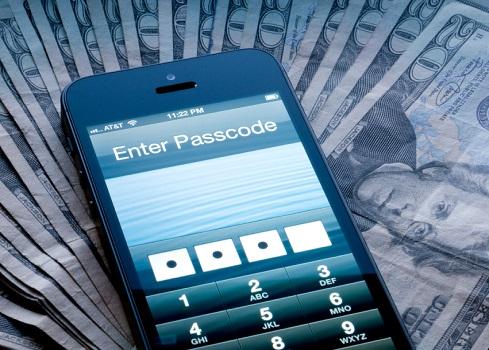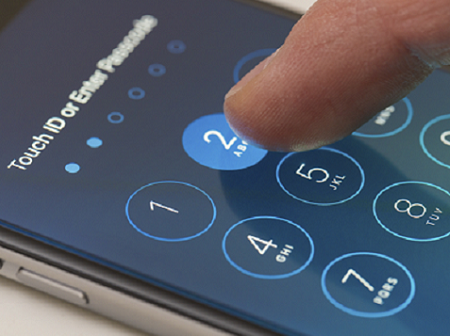FBI Paid iPhone Hackers $1.3 Million, Report ClaimsFBI Paid iPhone Hackers $1.3 Million, Report Claims
James Comey suggested the FBI paid the iPhone hackers upward of $1.3 million -- more than Comey will earn for the remaining seven years of his term as FBI director.


iPhone Encryption: 5 Ways It's Changed Over Time
iPhone Encryption: 5 Ways It's Changed Over Time (Click image for larger view and slideshow.)
The FBI paid hackers more than $1 million to access the encrypted iPhone of San Bernardino terrorist Syed Farook, according to a published report.
Speaking at the Aspen Security Forum in London April 21, FBI Director James Comey said his organization paid the hackers "more than I will make in the remainder of this job, which is seven years and four months," Bloomberg reported, tallying that Comey's salary this year will be $185,100, according to federal salary tables.
The FBI director appointment is a 10-year term. The payday for the hackers is being estimated at more than $1.3 million
"It was, in my view, worth it," Comey added.
Comey didn't clarify whether that's because accessing the iPhone enabled the FBI to drop its case against Apple or because the FBI found valuable information on the unlocked smartphone. The agency has remained mum about its findings.
At an April 5 event in Washington, FBI lawyer James A. Baker likewise suggested that the payment was worthwhile, according to The New York Times.
"It was worth the fight to make sure that we have turned over every rock that we can with respect to the investigation," Baker told privacy professionals. "We owe it to the victims and the families to make sure that we pursue every logical lead."

Are you prepared for a new world of enterprise mobility? Attend the Wireless & Mobility Track at Interop Las Vegas, May 2-6. Register now!
The FBI filed a court order against Apple Feb. 16, mandating that it provide the encrypted data and create software that would make similar issues in the future more quickly solvable.
Apple pushed back, claiming the FBI's grounds for the request were unconstitutional. The pair traded legal filings until March 21, when the FBI dropped the case, stating that an outside party had provided a method for unlocking the iPhone without Apple's assistance.
Many speculated that the outside party was Cellebrite, an Israel-based tech firm that the FBI has worked with in the past. However, according to an April 12 Washington Post report, it was actually a group of hackers. At least one among the group, reported the Post, was a "gray hat," a term for a hacker who sells discovered security vulnerabilities for a profit.
Speaking at the Kenyon Center for the Study of American Democracy at Kenyon College April 6, Comey said he was glad that the legal case was over.
"Litigation is a terrible place to have any kind of discussion about a complicated policy issue. Especially one that touches on our values…," Comey said. "So it is a good thing that the litigation is over. But it would be a bad thing if the conversation ended."
At the London event, Comey added that it would be "regrettable," were the FBI to have to rely on hackers in the future, and that the fix -- with its considerable price tag -- was "not scalable."

About the Author
You May Also Like






